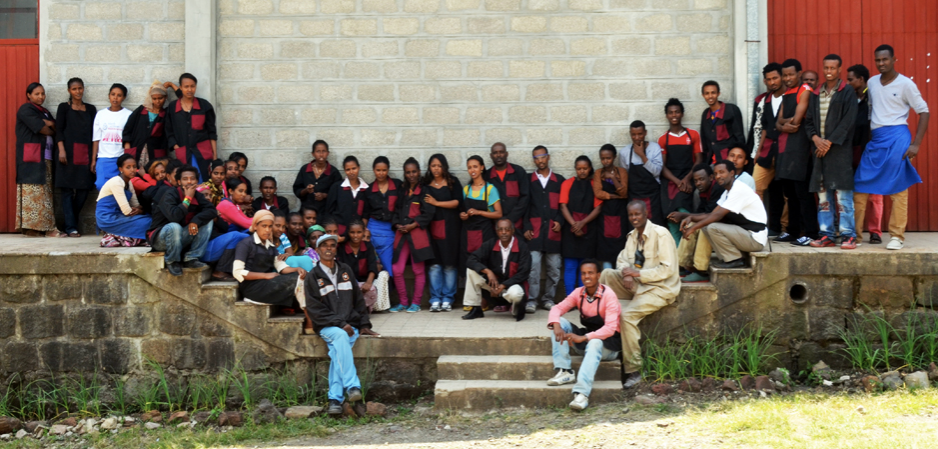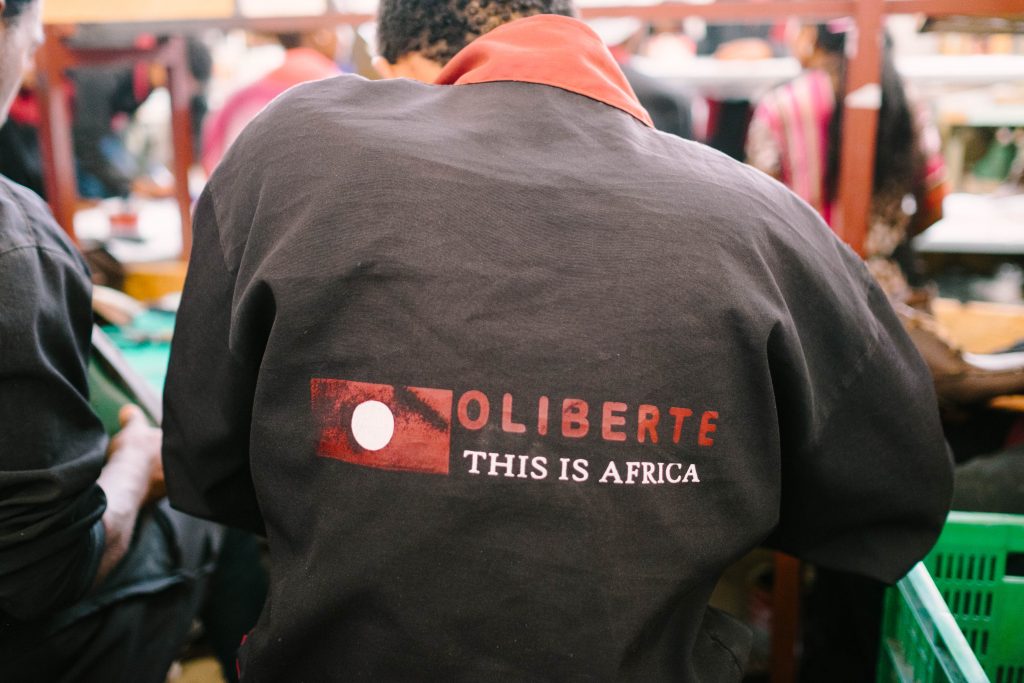
It’s been 5 years since the Rana Plaza disaster brought the issues of exploitative garment manufacturing into the limelight. Since then, organizations like Fashion Revolution have worked tirelessly to insert the idea “Who Made My Clothes” into the public conscious, with the goal of a consumer-led movement to demand greater transparency and accountability within the garment industry.
Each year, Fashion Revolution Week (Apr 23-29) compels brands to showcase their efforts to their customers and the world at large to set the bar as high as possible for everyone, because lives and livelihoods depend on it.
At Oliberté, we have always aimed to put the well being and prosperity of our workers at the center of our mission, with our Fair Trade Certification being the vehicle through which we benchmark our efforts.
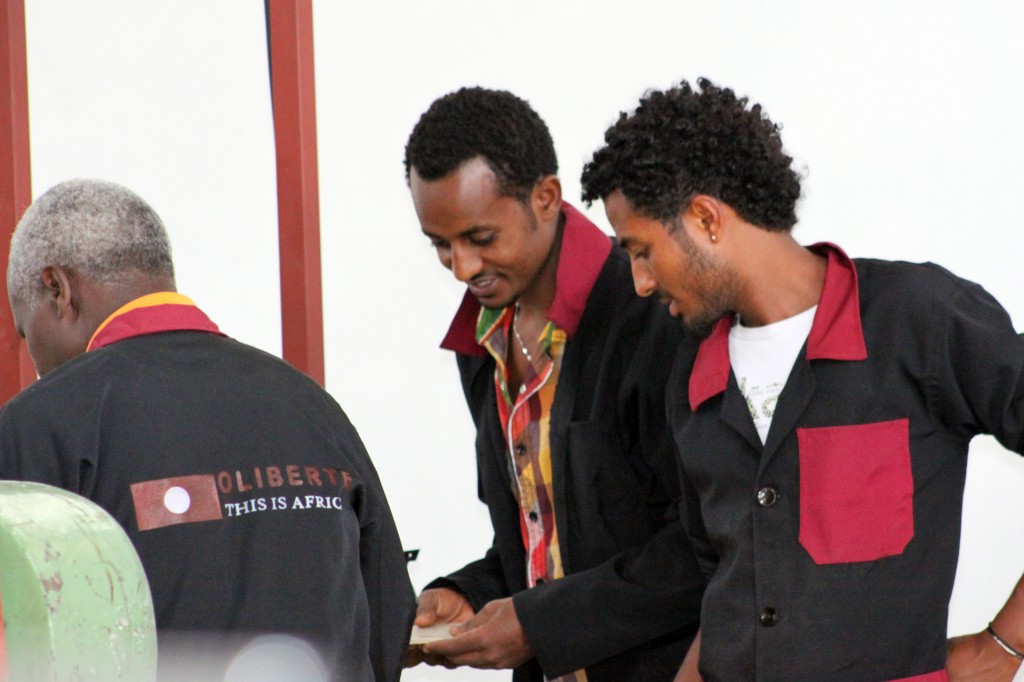
How does Fair Trade address the issue?
In many ways, the Fair Trade and Fashion Revolution movements work in tandem to promote the highest standards of business and consumerism in a way that enriches local communities and markets, while inspiring the customer to support global change.
Here are three ways in which Fair Trade can directly support Fashion Revolutions vital goals.
1. Fair Trade promotes accountability
Fair Trade is not a one time achievement, it is a constant effort to create and maintain high standards of workplace fairness and support. Each year our factory is audited by Fair Trade USA to ensure that their rigorous standards are being upheld in the areas of payment, benefits, profit sharing and environmental impact. This accountability is vital, because it keeps a singular goal at the forefront of our operations… how can we do better?
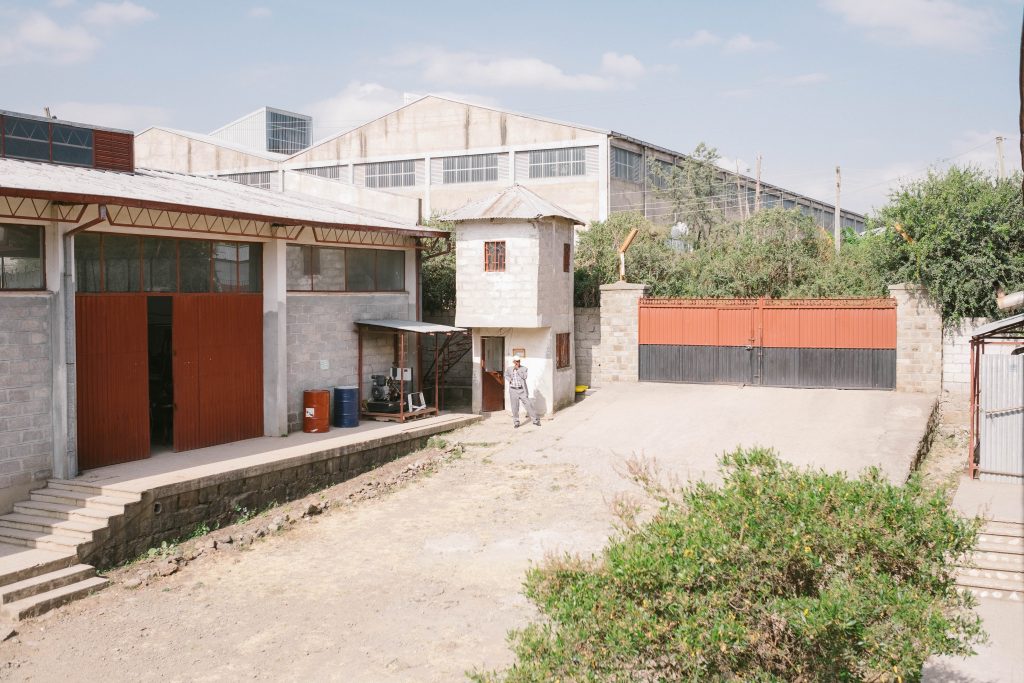
2. Fair Trade elevates the voice of the workers
Our workers are the most vital part of our entire business, and as such they must be a part of the decision making process and guiding principles of our operations. Communication is a two way street, and it allows us to grow into a more dynamic business that can maintain high standards of worker morale and the best outcomes possible. Our staff is also in direct control of their Fair Trade Premium fund, in which a portion of all profits is funneled into an account which they alone are able to vote for its implementation.
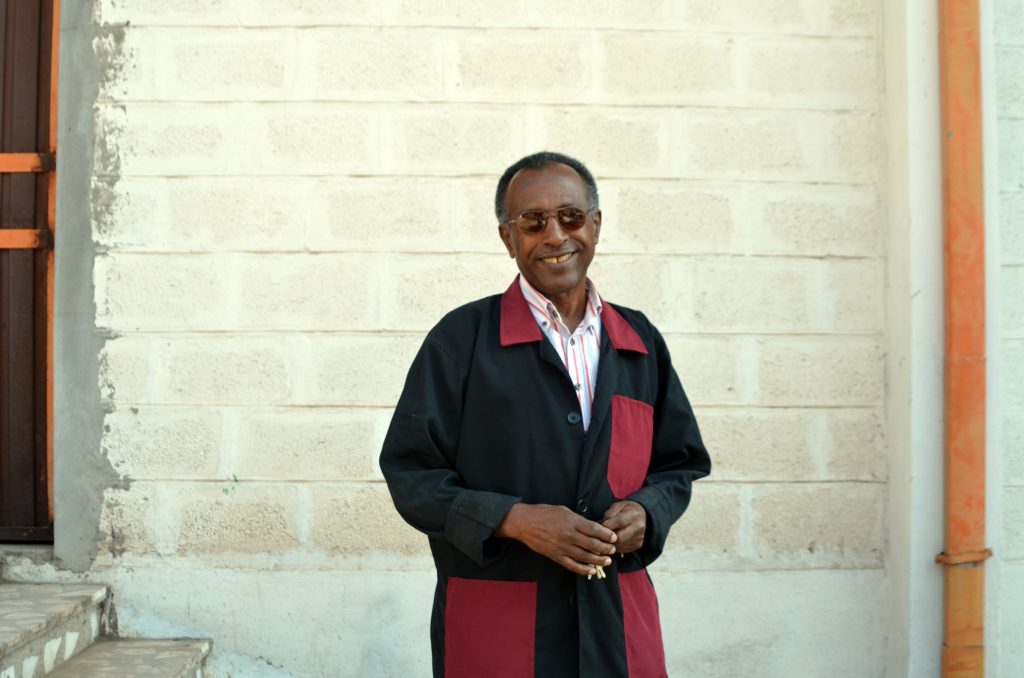
3. Fair Trade connects purchase to impact
To expand upon our Fair Trade Premium fund, this gives our customer the ability to connect their purchase with a direct benefit to the person who crafted their new shoes. While all aspects of the purchase will go to benefit our operations (allowing for more staff to be hired and increased wages) the Fair Trade Premium fund will be able to reach beyond our walls to support the local communities in ways that only the employees could understand. Instead of paternalistic efforts to improve, our employees are able to vote to use the fund in ways that benefit themselves based off their experiences and needs. This allows our customers to benefit our workers in ways we may have never explored, and it’s the perfect result to the question #WhoMadeMyClothes?
